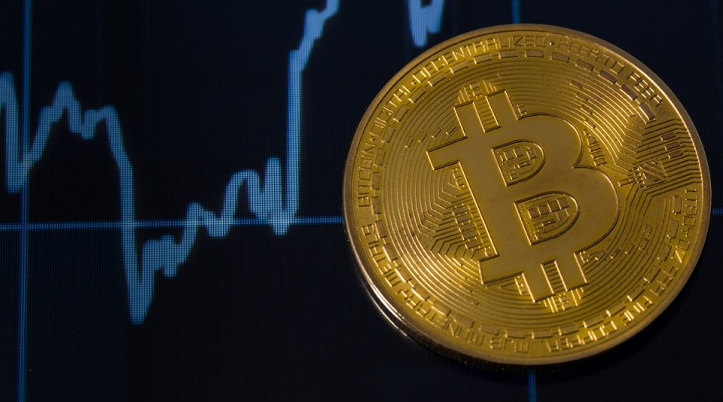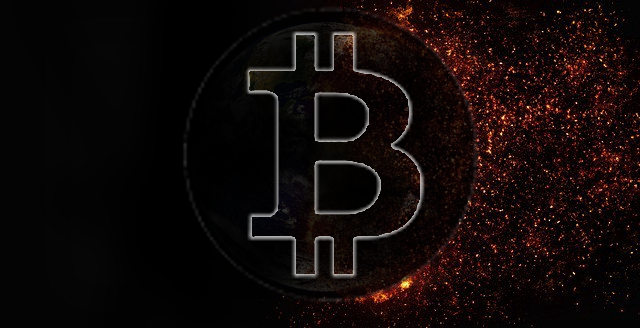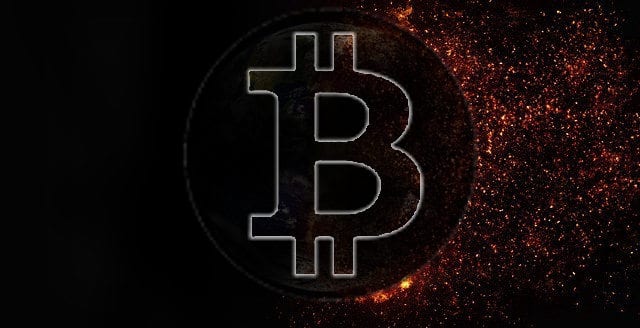The second quarter of 2018 is behind us, and it has been historical for Bitcoin, but perhaps not for the most positive of reasons. Q2 of 2018 was the first Q2 in the history of Bitcoin, when the price of bitcoin actually fell. Every single year before this one the price of bitcoin has risen tens of percents to even thousands of percents during the second quarter.
At the time of writing, bitcoin is exchanging a little more than 6 700 dollars, after struggling to maintain steady direction either upwards or downwards. Many believe that bitcoin could plunge even lower, but as many think that the price will be on ranges of 10 000 to 20 000 by the end of the year. Only the future knows.
Though the quarter has been slow for Bitcoin, we on Coinmotion haven’t had time to rest. We have been working on a new layout for Coinmotion, which has now entered beta-test phase. Users are invited to test out the new configurations and report what they like and what they dislike. If user happens to find a problem, an error or a bug, there will even be monetary rewards.
You can try out the new version of our service at beta.coinmotion.com
This week we are talking about India’s and Malta’s Bitcoin-situation, which are completely different from one another. We are also looking at the real maximum amount of bitcoins, the way to destroy bitcoins, cryptojacking of The Pirate Bay and so forth.
 Though the quarter wasn’t so good for Bitcoin, the future still looks bright, as none of the fundamentals have changed in any way.
Though the quarter wasn’t so good for Bitcoin, the future still looks bright, as none of the fundamentals have changed in any way.
Malta Implements Crypto-Positive Framework
The Parliament of Malta has passed three new Bitcoin-friendly laws to establish a regulatory framework for the country’s blockchain and digital currency sector, reports the local news source Malta Today. According to the prime minister of Malta, Joseph Muscat, these laws will usher Malta into what he believes will be “a global hub for market leaders”.
Maltese government believes itself to be the first government in the world to have such an extensive legal framework for blockchain and cryptocurrency enterprise, and they might as well be correct. The laws regulate Bitcoin and other blockchain businesses granting them fully legal status in the eyes of the law.
The laws are part of Malta’s grand plan to become the world leader in blockchain and cryptocurrency technology. As some countries prefer to control, or even outright ban cryptocurrencies, Maltese approach is more about guiding the business in a way that profits both the Maltese people and businesses.

water taxi in front of the harbour in Valletta.
Half of ICOs Go Silent Within 5 Months
According to a new research conducted at Boston Collece in Massachusetts, more than half of ICO’s are active after four months of their respective token sales. As social media has become the main campaing platform for ICO projects, the researchers chose to investigate the Twitter activity of different ICO projects. They noticed that after the initial sale, only 44.2 percent of token projects were still active within 5 months.
“Breaking it down by category, 83% of the 694 ICOs that don’t report capital and don’t list on an exchange are inactive after 120 days. For the 420 ICOs that raise some capital but don’t list, this figure falls to 52%, and for the 440 ICOs that list on an exchange, only 16% are inactive in the fifth month,” the paper states.
The paper also suggests that ICOs generate their strongest returns in first few months after listing on markets. Once you go beyond three or six months, ICOs don’t outperform other cryptocurrencies.
“Startups sell their tokens during the ICO at a significant discount to the opening market price, generating an average return for ICO investors of 179%, accrued over an average holding period of 16 days from the ICO end date to the listing date,” researchers say.
 ICOs are said to be both the revolution in investing and a new way to commit frauds.
ICOs are said to be both the revolution in investing and a new way to commit frauds.
One Fifth of Bitcoins are Missing
According to an article published by the Wall Street Journal, fifth of all bitcoins are destroyed, have gone missing or are out of circulation in some other way.
Popular belief states that the maximum number of bitcoins in existence is 21 million bitcoins, but the actual number is lower than that. Even though only 21 million bitcoins can be created, bitcoins can be “destroyed” in several different ways. For an example an user might store a bitcoin on their computer and then neglet to backup the wallet, after which their computer gets destroyed making the bitcoins nigh-unretrievable. User might simply just forget their password, and then depending on their protection levels might be unable to use their bitcoins.
Bitcoins can also be “destroyed” on purpose. One such a way is sending bitcoins to a bitcoin wallet which definitely doesn’t exists, such as “1TheHoleofEternalBitcoinOblivion” et cetera. Users might also destroy their private keys on purpose by simply wiping their drive, burning their paper wallet or so on.
There are several ways to retrieve these lost bitcoins, their success rate depending on the way bitcoins originally got missing. If the user simply forgot their password, of which they can remember some parts of, bitcoins might be simple to retrieve by a skilled code-cracker. On the other hand if the private keys are completely gone, it is extremely unlikely that bitcoins could be retrieved.
 As the amount of usable bitcoins goes down, their value goes up.
As the amount of usable bitcoins goes down, their value goes up.
The Pirate Bay Goes Public With “Cryptojacking”
The most well-known torrent website, The Pirate Bay, is going public on its previously secret cryptomining operations conducted on their user’s computers.
“By entering TPB you agree to Monero being mined using your CPU. If you don’t agree please leave now or install an adBlocker,” the website reads.
Previously The Pirate Bay was one of the largest sites that purposely used the so-called “cryptojacking” to mine cryptocurrencies. Cryptojacking is a term that describes a sort of attack, where a code is implemented on a website which makes the visitor’s computer mine cryptocurrencies in secrecy for the benefit of cryptojacker.
Cryptojacking is a double-edged sword. It could be a useful way for website providers to make profits without resorting to advertising. Previously Unicef has had a program, where users could go to their website to voluntary mine cryptocurrencies for the benefit of children.
On the other hand when done in secrecy, cryptojacking can be described as hacking, abuse and malware, as it puts a load on user’s computer without the user’s aknowledgement.
 The Pirate Bay is the most known and largest of torrent sites, but it has been malusing its visitors’ computers to mine Monero.
The Pirate Bay is the most known and largest of torrent sites, but it has been malusing its visitors’ computers to mine Monero.
India’s Government Blamed of “Mega Bitcoin Scam”
India is in a “bitcoin-turmoil”. The supreme court of India refused to lift the ban of exchanging bitcoins for governmental-backed fiat-currencies, first passed in April by the government. This has been a major blow for the local bitcoin industry, forcing many exchanges to resort to crypto-to-crypto trading to fund their operations.
As usually with governmental bitcoin bans, the government of India argued for the ban reasoning that bitcoin could be used for money-laundering, extortion and other criminal enterprise.
Now the government are finding themselves in a mess, as the spokesperson for National Congress, Shaktisinh Gohil, is accusing the government party, Bharatiya Janata Party, of being involved in “mega bitcoin scam”. Gohil says that he has evidence that several major figures of BJP have commited money-laundering and extortion with bitcoin. Gohil demands an investigation on BJP under the supreme court.
“As the BJP is scrambling for answers to explain how Ahmedabad District Cooperative Bank, whose director is BJP chief Amit Shah, received old currency worth ~745.58 crore in just five days and how ~3118.51 crore was deposited in 11 district co-operative banks linked with BJP leaders in Gujarat itself, a new ‘mega bitcoin scam’ worth more than RS 5,000 crore has been unravelled in the state,” Gohil told the Indian press.
BJP is denying all allegations. According to BJP, the Congress is using dirty tricks to slander and manipulate.
“The dirty tricks department of the Congress is at work to spread confusion and lies. It is blaming the police, which has uncovered the case. I wonder if the Congress is trying to help somebody in this case as part of a conspiracy,” said the spokeperson of BJP, Anil Baluni.
 Shaktisinh Gohil believes that several major figures of BJP have been doing illegal business with bitcoin, which they want to ban from the public.
Shaktisinh Gohil believes that several major figures of BJP have been doing illegal business with bitcoin, which they want to ban from the public.
